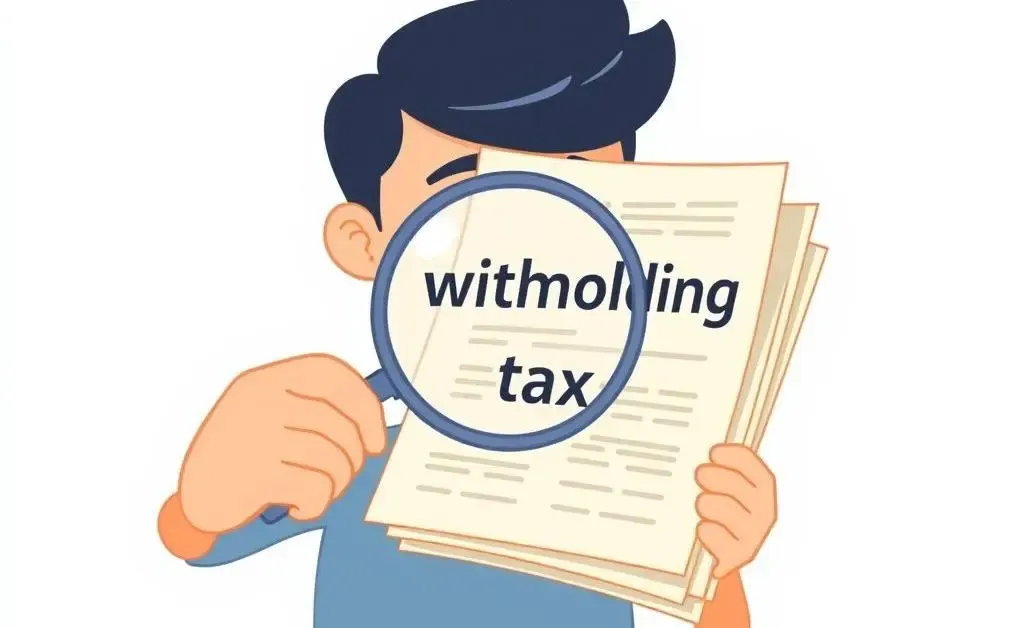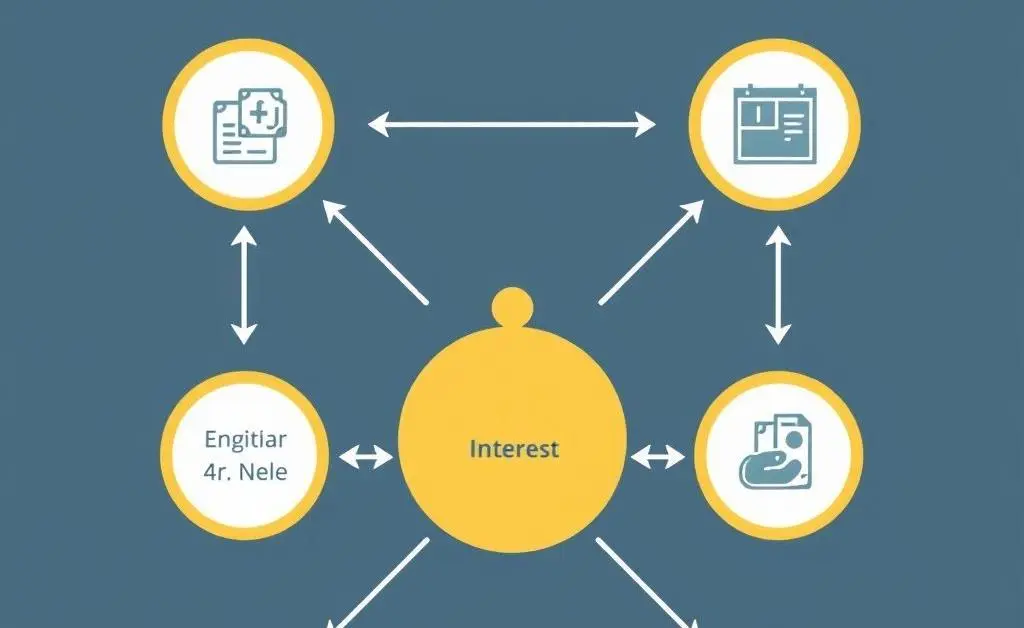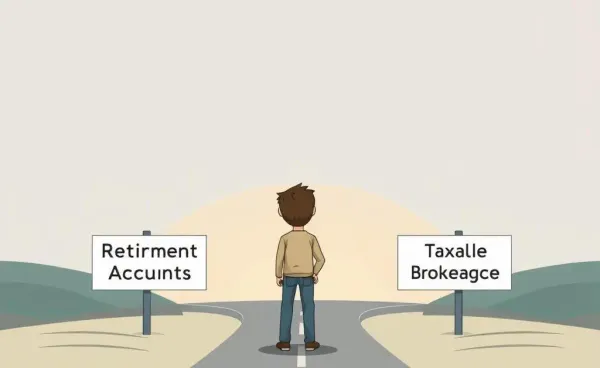Understanding Withholding Tax on Interest: What You Need to Know
Explore the nuances of withholding tax on interest with practical insights.

Have you ever checked your bank statement, noticed the interest income, and wondered why it's less than expected? Let's dive into the world of withholding tax on interest and demystify it a bit. If you've experienced the surprise of seeing fewer returns, you're not alone. This topic is as relatable as it is prevalent, given its impact on our financial goals and savings.
What is Withholding Tax on Interest?
In the simplest terms, withholding tax on interest is a portion of your interest income that is deducted by your financial institution before the interest is deposited into your account. This tax is then remitted to the government. It's a way for governments to ensure that they collect tax revenue upfront, reducing the risk of tax evasion.

Why Does it Exist?
Withholding tax on interest exists primarily to streamline the tax collection process. Without it, individuals might evade taxes by not declaring the interest income in their annual tax returns. This system ensures more compliant and efficient tax collection.
How Much is Usually Withheld?
The rate of withholding tax can vary depending on the country and the type of interest income. For example, interests earned on savings accounts may be taxed differently from those on investments. Always check local tax regulations or consult with a financial advisor to understand exact rates based on your circumstances.

Implications for Investors
If you're an investor, understanding how these taxes impact your returns is crucial. Here are a few thoughts on managing this:
- Stay Informed: Always read the fine print on any financial agreement to see how much you'll be taxed.
- Plan Your Finances: Consider these taxes when calculating expected returns.
- Seek Professional Advice: Engage with a financial advisor to optimize your tax strategies.
Can You Reduce the Withholding Tax?
There might be instances where the withholding tax can be reduced or offset, such as through tax treaties between countries or specific exemptions provided by the government. Again, professional advice can be invaluable here.

Wrapping Up
Understanding the withholding tax on interest helps not only in financial planning but also in maximizing your returns. Now that you know a little more, take a look at your bank statement and see how this information can help you manage your finances better. Have you ever experienced a situation where understanding withholding tax made a difference in your financial decisions? I'd love to hear your thoughts!




